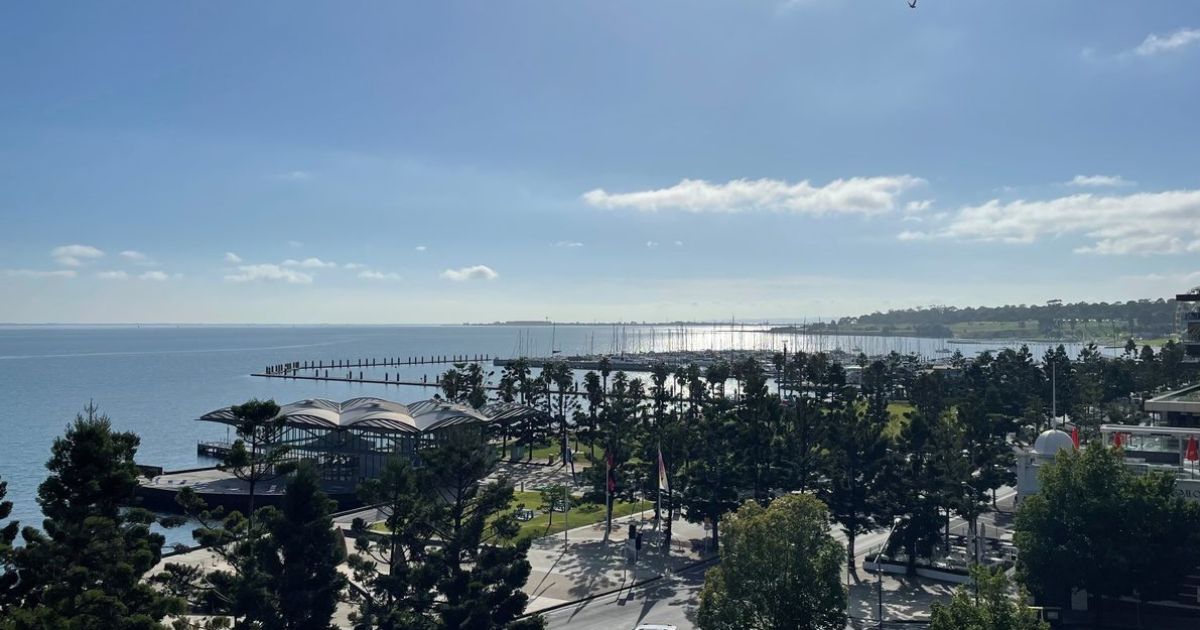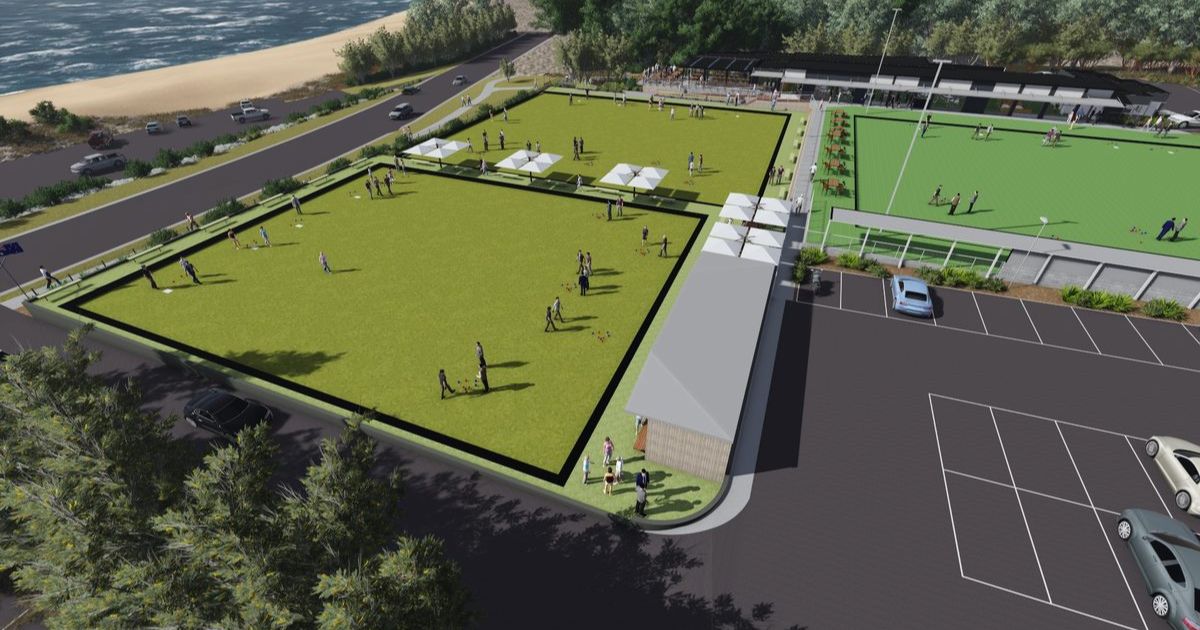Giving life to talking about death
THE debate about voluntary assisted dying is inching along in state Parliament, and a panel of experts in Geelong discussed the ethics of the issue last week.
The panel discussion at the St Mary’s Library and Research Centre on Friday was part of Barwon Health and Deakin University’s Research Week series of events.
The bill passed the Lower House of Parliament in October following a conscience vote, but protracted argument about the bill’s clauses means it is making slow progress in the Upper House.
Professor Michael Ashby, director of palliative care at the Tasmania Health Service said the Victorian model for the bill was based on similar laws on the west coast of the United States, but understood why people were baffled by the complexity of the process, which includes assessment by two independent doctors.
“As a citizen of Geelong, I’d have more chance of getting a driver’s licence in Tokyo than getting through this.”
He said attitudes on euthanasia were hardened.
“It is a fault line in our society, make no mistake about that, and it’s not going to be resolved.”
Monash Bioethics Centre deputy director Associate Professor Justin Oakley said the medical profession had to grapple with the idea of a doctor being both a healer and a killer.
“A ‘good death’ can mean a whole lot of different things.”
Rebecca Bartel from Deakin’s Institute for Healthcare Transformation said efforts such as the “Death over Dinner” initiative had found the community at large “were not very good at having a conversation about death and dying”.
“80 per cent of Australians want to die at home but only 14 per cent get the opportunity.”
Barwon Health consumer representative Justine Martin, who has been diagnosed with multiple sclerosis as well as many other illnesses, said her experience with chronic illness and pain proved the need for the bill.
“Had I had a choice in any of these things? No. The only choice I have is the way I go.
“I’m selfish, I’ll fight all the way – I just want a choice.”


















